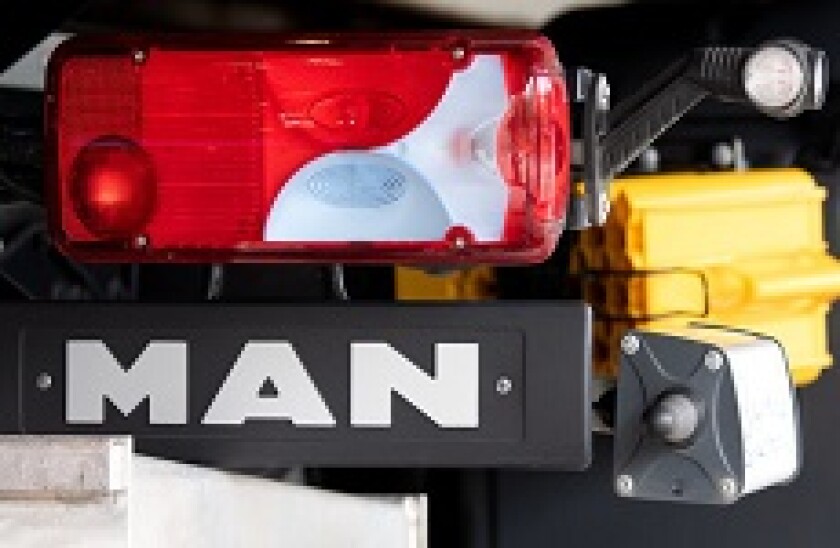On the face of it, Traton has chosen a strange time to return to market. The relationship between the US and China has hardly improved since March, when the deal was pulled, and German auto stocks have sold off heavily over the past year.
Traton’s owners Volkswagen have, however, made concessions, firstly on size, which is unsurprising given how much equity markets have rerated since it first announced the IPO, but also likely on valuation. VW does not need to raise capital and can afford to sell a 10%-15% stake to minimise the risk in a volatile market.
The IPO is gaining traction among institutional investors at the revised levels and is likely to go well if it gets to bookbuilding. A key reason for this is that Traton, one of the largest designers and manufacturers of heavy duty trucks in the world, is not trying to use market froth around technology and growth stocks to sell itself as something that it is not, in contrast to other companies.
Uber is the most high profile example of such behaviour. The US ride-hailing application used the hype surrounding its IPO to pitch itself as the new Amazon, pointing to its expansion into e-commerce businesses such as food delivery, according to an investor who met the company on the deal roadshow in London. But crucially, Amazon is profitable, while Uber is not and the bulk of its revenue still comes from its ride-sharing app.
Once Uber shares began trading, investors quickly realised that the valuation looked shaky for a company that does not expect to make a profit for at least another year or two. The stock dropped on its first day of trading and is still down 4.4% from the IPO price just over a month on from the flotation, having made up some of its lost ground over the last six trading days to nudge its $45 IPO offer price earlier this week.
Finablr is a smaller, but more egregious, example. The Abu Dhabi-based holding company is essentially a disparate collection of finance and technology assets, including Travelex, the bureau de change chain.
During its IPO on the London Stock Exchange in April, Finablr tried to pitch itself as a fintech company, with a valuation to match. Currency exchange companies like Western Union trade at much lower multiples than fintech and payment firms like Network International, Adyen and Worldpay.
The pitch did not resonate with investors, who struggled to match Finablr's valuation expectations. The IPO had to be restructured during bookbuilding. It was priced below the initial range, and still sold off in the aftermarket. As of Wednesday, the stock was trading 12% below its IPO price.
Companies looking to float should always pitch their equity story on the basis of what they are rather than what they wish they were or what they might one day become.
Airtel Africa, the African division of Indian telecommunications conglomerate Bharti Airtel, might fall into the same trap as Uber and Finablr if it is too aggressive on valuation. The company is in pre-deal investor education for its IPO on the London Stock Exchange and is selling itself to investors as a high-growth player in some of the fastest growing economies in the world, including Nigeria, its single biggest market.
One of the most interesting areas of Airtel Africa’s business is Airtel Money, which provides banking and payments services to the vast number of customers on the continent who are not served by traditional banks. The business is growing fast, having increased its Ebitda contribution to Airtel Africa by 78% in its 2019 financial year. But the business still accounts for just 7.3% of Airtel Africa’s total underlying Ebitda.
An overall valuation for Airtel Africa should therefore not focus too much on Airtel Money, as promising as it may be, but on Airtel Africa, which is still predominantly a towers and mobile phone business with a heavy exposure to Nigeria and all the risks associated with doing business in African countries. Mobile phone services still account for over 90% of Airtel Africa’s Ebitda.
After lots of frothy IPOs this year, Traton is refreshing in the sense that it is a huge sale of stock in an old school manufacturing company that is straightforward about the realities of its business.
Traton may not be a disrupter like Uber or Beyond Meat, nor is not the sort of business that gets growth investors excited, but it can't be accused of being unprofitable. The business made an adjusted operating profit of €1.65bn in 2018, up 13% from the year before. Who can fail to grasp that?

